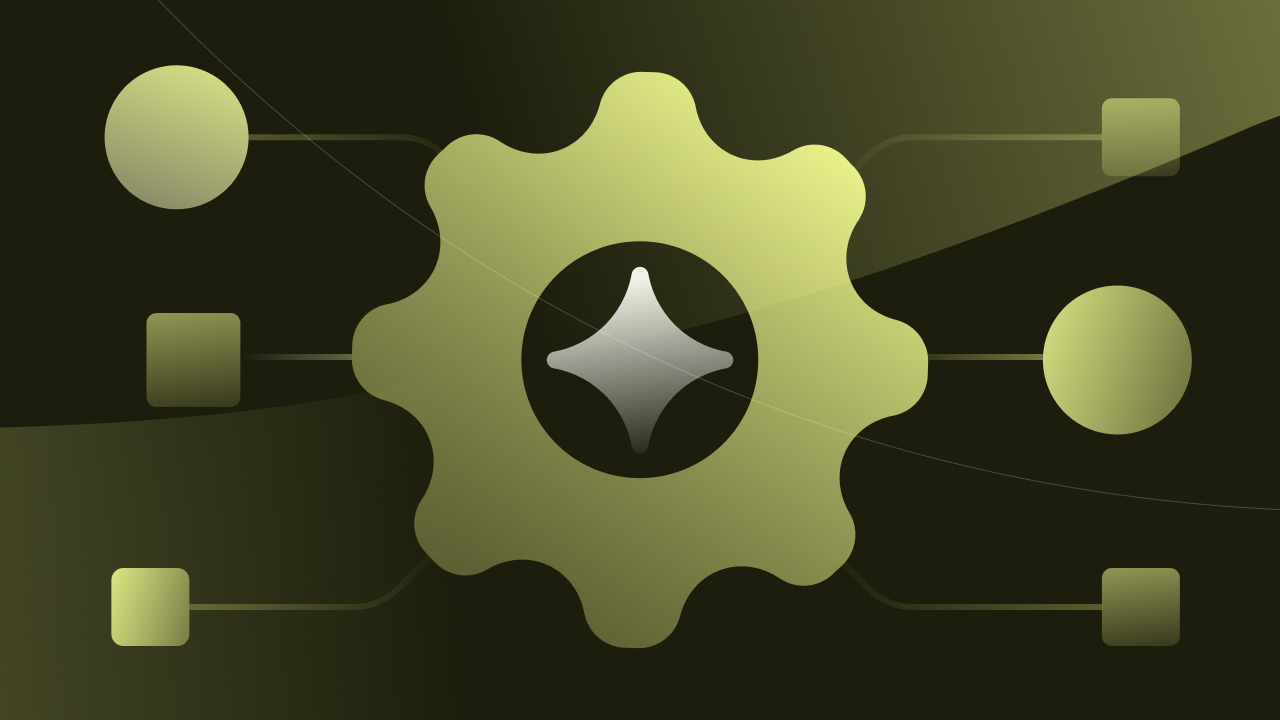
Traditionally, process automations have been created by software developers for business users. Dealing with software maintenance and exceptional scenarios, such as unanticipated behavior (e.g., a scanned document of poor quality causing the software to halt since it cannot find a particular field, or the system not supporting a new currency but needing to convert it to USD), has been a costly and labor-intensive process. This often requires looping in software engineers (…Yes RPA Developers are Software Engineers) and going through a conventional software development lifecycle, which over time, complicates the software and leads to higher turn-around times. Although business users may understand what went wrong or what is going on, they are still at the mercy of code written by software developers.
This in turn is a hugely frustrating experience for business users and subject matter experts. Even though they know how to handle a situation, because they cannot code, they cannot immediately address the problem themselves. And despite claims of “Citizen Development”, very few finance, accounting or other professionals have time to learn a new coding language (including RPA).
The advent of Generative AI, and models like GPT-4 however, changed the game. Conversational exception handling allows exceptions to be managed through natural language interactions, enabling automation platforms to intelligently communicate with users and learn from their interactions GPT-4 can further be called when necessary to help solve problems, and converse with business users to fix things through conversation. .
Take, for example, an AI-powered automation tool like Kognitos, which can engage with users in English when confronted with a problem or an exceptional scenario. Let’s consider a real-world example of an invoice processing system. Suppose the system encounters a smudged or illegible invoice date. Kognitos would ask the user, “Hey, in Invoice #142, I couldn’t find the invoice date. It seems that the date is either missing or illegible. Can you tell me how to proceed?” The user can then respond with the correct date, such as “the invoice date is 12/2/2022,” if it is a one off scenario, or if it is an exception that will repeatedly occur, teach the AI how to handle it in the future by giving English instructions: “For this vendor, the invoice date is always below the vendor name”. This innovative approach to exception handling results in a more adaptive, flexible, and efficient automation process. No developer expertise required.
Advantages of Conversational Exception Handling
1. Simplified and adaptive automation process: Conversational exception handling allows businesses to focus on automating the “happy path,” without the need for exhaustive planning for every potential exceptional scenario. As the AI system becomes more adept and experienced, it can manage an increasingly diverse range of situations, leading to a more agile and responsive automation process. For example, a retail company using AI-powered automation for inventory management would only need to automate standard procedures while leaving the AI to handle any discrepancies in stock counts through conversations with the staff.
2. Substantial reduction in maintenance costs: Companies no longer need to rely on hiring specialists for software maintenance when using AI systems leveraging GPT-4 and other LLMs like Kognitos. For instance, a business using AI for customer service can eliminate the need for a dedicated developer team to manage and maintain the system, as the AI will converse with the customer service team to resolve any issues or handle exceptional cases. This translates into significant cost savings, allowing businesses to channel resources into other growth opportunities.
3. Organic and scalable automation growth: The conversational approach to exception handling enables businesses to start with partial automation and expand gradually as the AI system learns more about the company’s processes. For example, a manufacturing company can initially automate a small portion of its engineering operations like Bills of Materials,, and as the AI learns more about the process, it can be expanded to cover additional aspects of production planning and design, scaling up or down as required. This fosters a more natural, customized automation experience, adapting to the ever-evolving business landscape without massive upfront investments.
Conclusion
The future of business automation is headed towards more intelligent, conversational exception handling leveraging LLMs like GPT-4.. Advanced platforms like Kognitos enable companies to streamline their processes more effectively, minimize maintenance expenses, and adapt their automation strategies to the dynamic business environment. Conversational exception handling removes the need for developers to “Maintain” automations, and instead empowers the business users from the beginning. As Generative AI continues to evolve, businesses will reap the benefits of a more nimble and versatile automation experience, revolutionizing the way we approach business process automation and paving the way for unprecedented growth and success.
Want to Unlock the Power of Generative AI for Your Business Today
Discover the Power of Kognitos
Our clients achieved:
- 97%reduction in manual labor cost
- 10xfaster speed to value
- 99%reduction in human error









